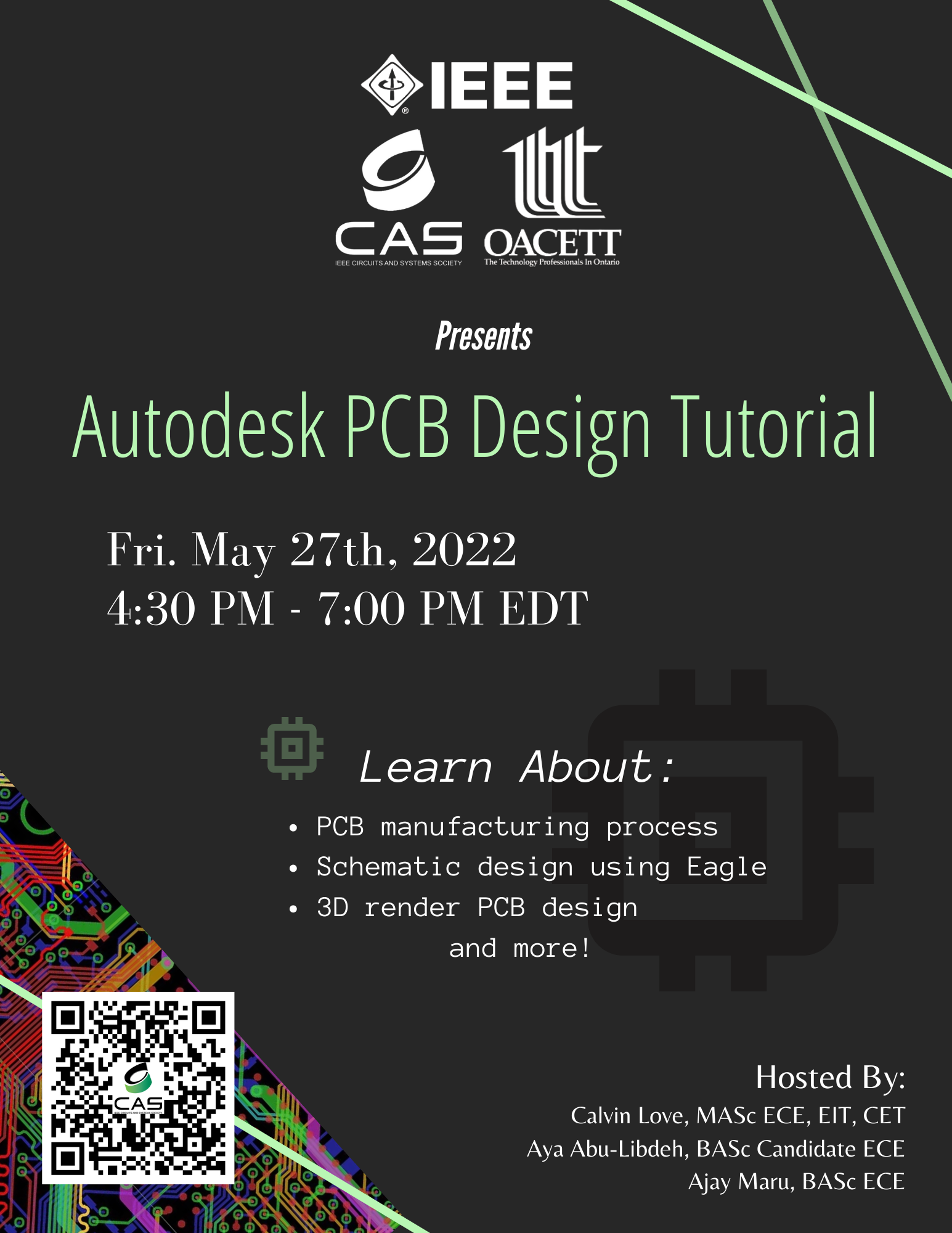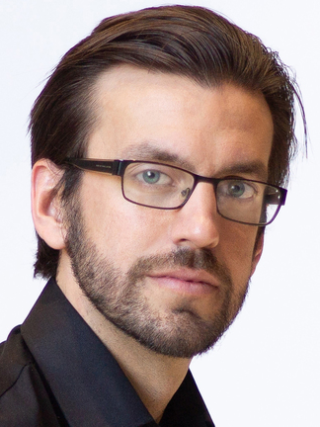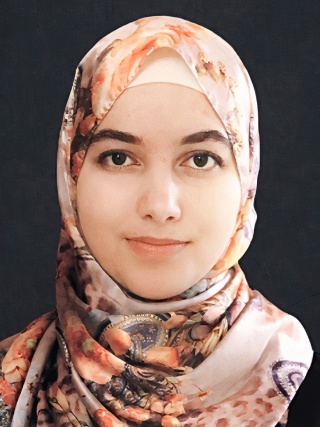Eagle PCB Design Tutorial

|
The tutorial session is intended to walk students through the PCB design process using the Autodesk Suite (Eagle and Fusion 360). This lecture is broken up into 3 sections in order to achieve the following learning outcomes: 1. Advantages and disadvantages of PCB design vs. conventional circuit prototyping methods. 2. The PCB fabrication process. 3. Develop a library of parts including the schematic symbol, 2D PCB footprint and 3D package design. 4. Convert a circuit schematic into a PCB design to be sent to the manufacturer for fabrication. 5. 3D render PCB Design. You can join either in person in CEI2105 or virtually by clicking here or copy and paste the link below in your browser:
|
Date and Time
Location
Hosts
Registration
-
 Add Event to Calendar
Add Event to Calendar
- 2285 Wyandotte St W
- Windsor, Ontario
- Canada N9B 1K3
- Building: Centre for Engineering Innovation (CEI)
- Room Number: 2105
- Contact Event Host
- Co-sponsored by OACETT
Speakers
 Calvin Love
Calvin Love
Biography:
I completed a 3-year advanced diploma at St. Clair College in Electronics Engineering Technology – Industrial Automation gaining a fundamental understanding of embedded systems design. Upon graduation from St. Clair College, I secured employment as an Electrical Designer & Controls Specialist at DMAC Automation where I designed, wired and programmed the electrical systems used in industrial automation and manufacturing. I then continued my education, earning my Bachelor of Applied Science in Electrical and Computer Engineering (BASc.) at the University of Windsor. I continued to work in industrial automation with Harbour Technologies for 1 year as an Electrical/Controls Technologist before I was promoted to Electrical Engineering Manager. While working full-time for Harbour Technologies, I completed my 4-year degree early, graduating with honours after 3 years of study, earning a specialization in electronics and a minor in mathematics. Soon after the completion of my BASc., I secured full-time employment at the University of Windsor as an Electronics Technologist and enrolled as a Master of Applied Science (MASc.). Alongside my MASc. studies, I became a Research Assistant writing several published, peer-reviewed journal articles on state-of-the-art sensor design and research. During my time as a research assistant, I was heavily involved in the development of several multisensory systems for use in advanced manufacturing and agricultural applications. My extensive background as a technologist, engineer and researcher has given me a unique insight in sensor design, fabrication and implementation as well as data collection, transmission and processing in industrial and manufacturing applications.
Email:
Address:Ontario, Canada
 Aya Abu-Libdeh
Aya Abu-Libdeh
Biography:
I am a fourth-year Bachelor of Applied Science candidate studying Electrical and Computer Engineering at the University of Windsor and have completed minors in Mathematics and Business Administration. From 2019 to 2021, I have been a Research Assistant in the area of BioMEMS sensors in collaboration with the Electrical Micro & Nano Devices and Sensors (e-MINDS) research team at the University of Windsor and have since co-authored a textbook chapter titled “Sensors and Wearable Electronics in Healthcare” published in 2022.
As a university student, I strive to make a positive and tangible impact on my community. I have been a teaching assistant developing labs on circuit analysis techniques for more than 350 undergraduate students and a tutor mentoring high school and undergraduate engineering students. I currently represent my peers in the ECE Department Council Appointments Committee, deliver workshops through IEEE CAS, and have built a new printed circuit board (PCB) fabrication lab with my colleagues to provide all students at the University of Windsor with highly coveted industry experience and resources needed for technical projects.
I have been awarded for my academic accomplishments, desire to do research for the benefit of others, community service, and demonstrated leadership. I plan on pursuing a Master’s in Electrical Engineering in the fall.

